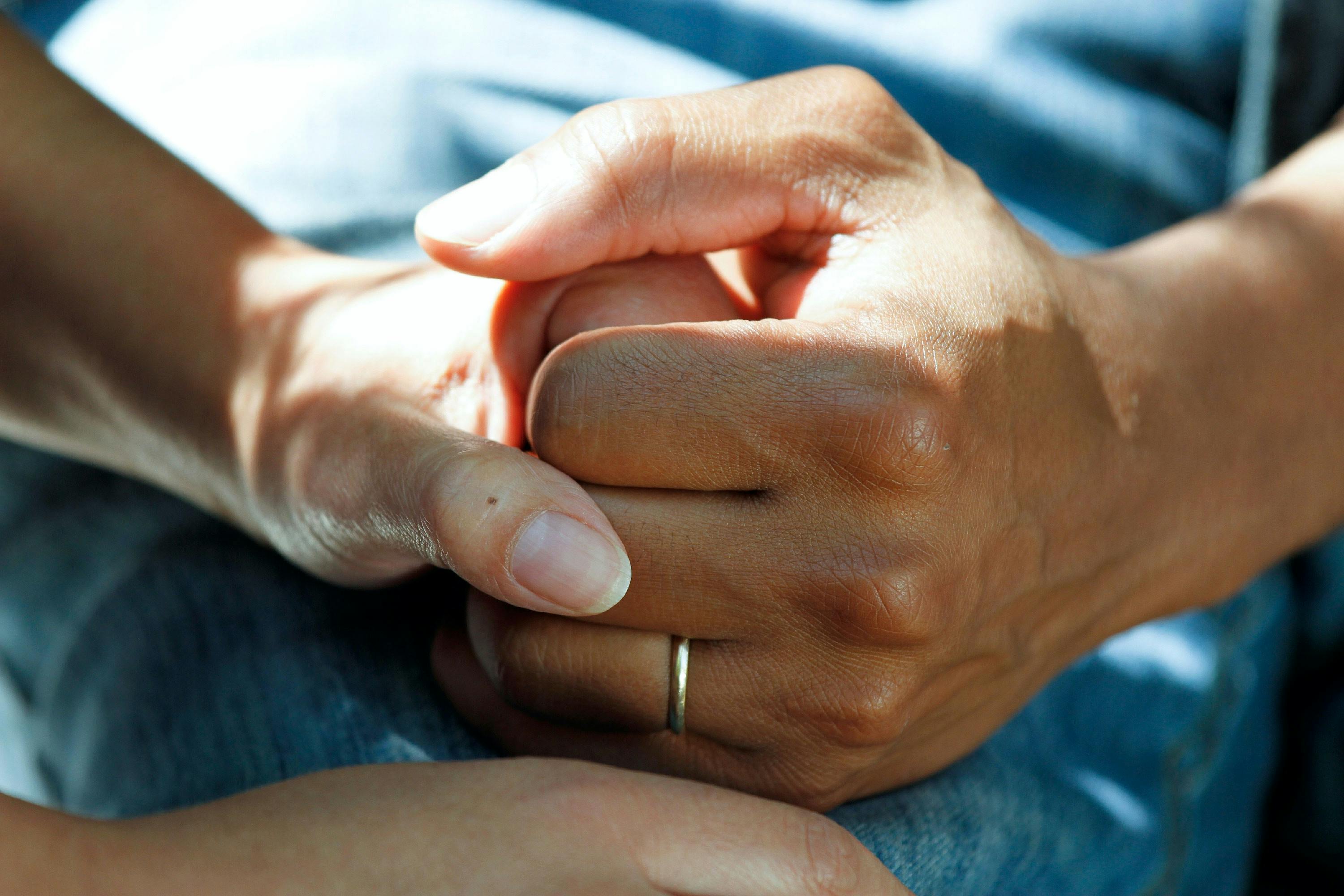Cancer Patients Europe: “We won’t recover from a missed opportunity”
On 7 June, Antonella Cardone, CEO of Cancer Patients Europe, presented the recently founded patients’ association and its policy priorities to Evoke Incisive Health Brussels’ office. She kindly answered questions from Carolina Santos, Senior Account Executive at Incisive Health.
Let’s start with Cancer Patients Europe: what is your mission and how is your association organised?
As a patient association, Cancer Patients Europe's mission is to represent and empower the voices of cancer patients and survivors, to policymakers and other stakeholders. By doing so, CPE strives to co-create policies that drive positive change in cancer care across Europe, from prevention to high-quality cancer care, treatment, and survivorship.
The organisation is led by a dedicated board, which includes Chair Francisco Rodriguez Lozano, a renowned public health expert and cancer survivor. Jacqueline Daly serves as the Vice-Chair, and James Caldwell fulfils the role of Treasurer. Together with Merel Hennink and Conchi Biurrun, they constitute the Board of cancer patients and survivors who bring their invaluable personal and professional experiences to the table.
Cancer ranks very high on the European political agenda. In your opinion what are the factors that drive this?
The prominence of cancer on the European political agenda can be attributed to two significant factors. Firstly, the ageing population in Europe has contributed to an increasing number of individuals affected by cancer. Despite significant advancements in diagnostics and treatment, the sheer demographic shift has resulted in significant rises in the number of cancer patients. Secondly, the burden of cancer itself, with its impact on patients, survivors, caregivers, healthcare systems, and society as a whole, highlights the urgency for policy action. Ultimately, we all know someone that has been impacted by cancer and it’s a matter that touches us all.
With many health policy files impacting cancer patients, what are CPE’s main policy priorities?
It’s truly a very active period in EU health policy at the moment. CPE has identified several critical policy priorities, starting with Europe’s Beating Cancer Plan. We want to ensure the effective implementation of the European Cancer Plan, understand what progress is being made, and monitor the success of funded projects and their long-term impact.
On the revision of the General Pharmaceutical Legislation, CPE is actively engaging in discussions around the definition of Unmet Medical Needs. The organisation is advocating for a broader definition which accommodates the fast-paced nature of technological innovation, especially in oncology. In such a definition, we would also like to see a defined role for patients and all MEPs in preparation of the final text of the legislation.
On the European Health Data Space, we have recently co-signed a paper addressing the opt-out mechanism, recognising the need for balanced regulation that does not hinder research and the importance of well-regulated opt-out provisions.
We understand the Health Technology Assessment regulation is of critical importance to CPE, despite the text already being approved. Can you elaborate on that?
It certainly is, and here is why: cancer drugs will be the first to undergo Joint Clinical Assessments and Joint Scientific Consultation under the new HTA Regulation. A system that has the potential to create duplication of work or add administrative burden could have a negative impact on patients, which is why we are advocating for a harmonised European approach. As it stands, the text still presents many ambiguities and we hope that, as trusted partners, we can help fill those gaps while defining the implementation acts. And, most importantly, we want to make sure that the patients’ voice is systematically included and does not depend on the good will of HTA bodies. Our aim is for patient involvement to be mandatory and done in a structured way. We are working with the European Commission and other stakeholders to achieve this. We have the chance to get it right and I’m afraid we won’t recover if we miss this opportunity.
In a time when building “patient-centric” healthcare systems is the hot topic in Brussels, how can a patient association/organisation like CPE contribute to achieving this goal?
As the movement towards patient-centric healthcare gains momentum, we are actively contributing to achieving this goal. How? First of all, through empowering our members and other cancer patients to advocate for themselves and through collaboration with other stakeholders, from medical societies to trade associations, which helps to leverage their knowledge and expertise. Second, by making sure that our conversations with policymakers are backed up by evidence, which we identify through literature reviews, horizon scanning and surveys. In doing so, CPE ensures scientifically sound information is accessible to policymakers and supports them in the decision-making process. In short, our dedication to partnership, collaboration, and transparency embodies our commitment to building patient-centric healthcare systems.
On a final note, if you could pick one thing that stakeholders and readers think of when they hear Cancer Patients Europe, what would it be?
It is difficult to hone in on a single element, but, as Cancer Patients Europe, we want stakeholders and partners to have our organisation's core values in mind. CPE emphasises patient-centricity, representativeness, transparency, equity, and partnership and collaboration. We want a seat at the table because of the value we bring to the conversation, and we are open to working together with other stakeholders to reduce the burden of cancer on patients and survivors, their carers, the healthcare systems, and society as a whole.
